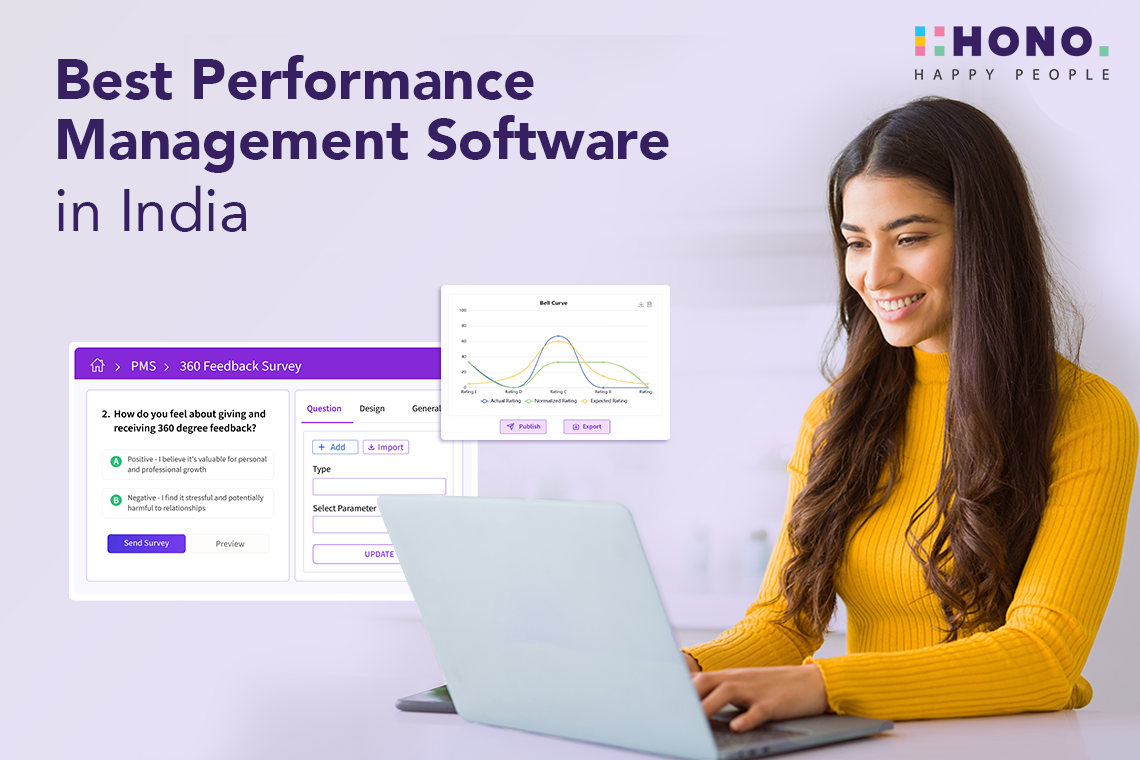Managing payroll is a crucial aspect of running a business. It involves calculating wages, withholding taxes, and ensuring compliance with various tax regulations. This process can be both time-consuming and complex, often requiring meticulous attention to detail. Payroll errors can lead to employee dissatisfaction and legal issues, making it essential for businesses to handle payroll accurately and efficiently. Traditionally, payroll management has been a manual process, but with advancements in technology, businesses are now turning to automated solutions.
What Is Payroll Software and How Can It Help Your Enterprise
5 mins

This is where payroll software comes in. Payroll software is designed to automate and streamline the payroll process, making it more efficient and accurate. It handles tasks such as calculating wages, managing deductions, and generating payslips, reducing the likelihood of errors and saving valuable time for HR departments. By automating these processes, payroll software helps businesses ensure that employees are paid accurately and on time, while also maintaining compliance with legal requirements.
What Is Payroll Software?
Payroll software is a tool that automates the process of paying a company's employees. It manages various payroll tasks such as calculating wages, withholding taxes, and generating payslips. By using payroll software, businesses can ensure that their payroll processes are accurate and compliant with legal requirements. The software typically includes features like employee data management, time and attendance tracking, and direct deposit capabilities.
Benefits of Using Payroll Software
There are so many benefits to using payroll software in your business operations:
- Accuracy: Manual payroll processing can lead to errors that result in underpayment or overpayment. Payroll software reduces the risk of errors by automating calculations and ensuring that all necessary deductions are made accurately.
- Time Savings: Processing payroll manually can be a time-consuming task. Payroll software automates repetitive tasks, allowing HR personnel to focus on more strategic activities.
- Compliance: Keeping up with tax laws and regulations can be challenging. Payroll software is updated regularly to ensure compliance with the latest legal requirements, reducing the risk of penalties.
- Security: Payroll software offers secure storage of sensitive employee data, protecting it from unauthorized access and potential breaches.
- Employee Satisfaction: Accurate and timely payroll processing leads to employee satisfaction, as employees receive their wages on time without any discrepancies.
How Can Payroll Software Help Your Business?
Payroll software can help improve various aspects of your business operations significantly. Here are some ways it can help:
- Streamlining Payroll Processes: By automating payroll tasks, payroll software reduces the time and effort required to process payroll. This leads to increased efficiency and productivity within the HR department.
- Enhancing Data Security: Payroll software provides robust security features to protect sensitive employee data. This includes encryption, access controls, and regular backups to ensure data integrity.
- Providing Real-Time Access and Updates: Cloud-based payroll software allows businesses to access payroll data from anywhere, at any time. This flexibility is particularly beneficial for remote teams and businesses with multiple locations. Real-time updates ensure that payroll data is always current and accurate.
- Cost-Effective Solution: While there is an initial investment in payroll software, it can lead to long-term cost savings by reducing the need for manual processing and minimizing errors.
- Scalability: As your business grows, payroll software can easily scale to accommodate an increasing number of employees and more complex payroll requirements.
Choosing the Right Payroll Software
Selecting the best payroll software for your business involves considering several factors. Let’s take a look into a few of them:
- Automation: Look for payroll software that automates tasks like wage calculations and tax withholdings to save time and reduce errors.
- Integration: Ensure the HR payroll software integrates seamlessly with your existing HR and attendance systems for centralized data management.
- Real-Time Updates: Choose payroll management software that offers real-time updates and compliance with the latest tax laws.
- Scalability and Flexibility: Consider scalability and flexibility, especially if you need payroll software for small businesses that can grow with you.
- Customization and Support: Prioritize solutions that offer customization and strong customer support to tailor the software to your specific needs.
Streamlining Payroll for Modern Businesses
Adopting cloud-based payroll solutions offers numerous advantages, including enhanced accessibility, real-time updates, and scalability. These features streamline payroll processes, ensure accuracy, and reduce the administrative burden on businesses. As you explore payroll software options, consider how innovative payroll solutions can provide seamless and efficient payroll management tailored to your needs. Discover the benefits of modern payroll management with cloud-based solutions and transform the way you handle employee payroll. With HONO's advanced cloud-based payroll software, businesses can achieve global payroll compliance, manage multi-country payroll with ease, and leverage predictive analytics for strategic decision-making.
The HR payroll software market in the Asia-Pacific region was valued at $27.11 billion in 2023 and is projected to grow at a remarkable CAGR of 9.30%, reaching $60.34 billion by 2032. This growth is driven by the increasing adoption of cloud-based technologies and the need for efficient payroll processing systems that can handle complex regulatory requirements. In India, the payroll software landscape is witnessing a significant transformation, with businesses embracing automation and AI-driven solutions to optimize their payroll processes. The shift towards digitalization is not just about efficiency; it also addresses the rising concerns around data security and compliance in an increasingly regulated environment.
As organizations adapt to these changes, they are discovering that modern payroll systems offer more than just basic functionalities—they provide comprehensive tools for managing employee benefits, tax filings, and real-time reporting.
.png?width=70&height=70&name=Team%20HONO%20logo-01%20(1).png)
Team HONO
.jpg?width=1000&height=1000&name=social%20(3).jpg)










